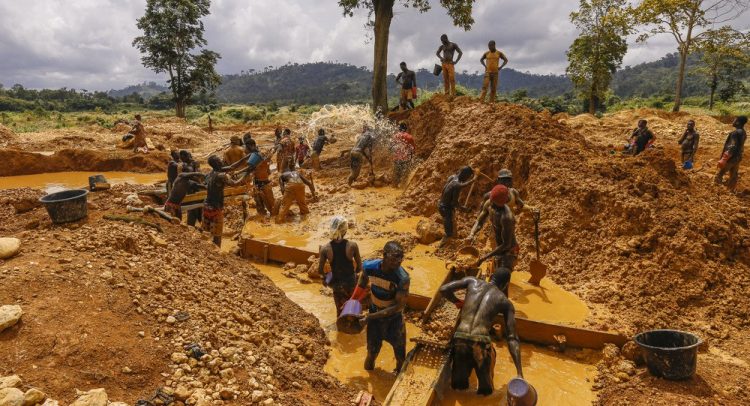
The Ghana Health Service has disclosed that 36 cases of Dengue fever have so far been confirmed from both the Eastern and Central Regions as of July 17, 2024.
These cases, according to the Service, were detected in the communities by health care workers using an appropriate Case Definition.
A statement issued by the Ghana Health Service said “It is worthy to note that. of all these eases, only one (1) was admitted but has been discharged. The remaining are all being managed at home and are stable.”
It added that many more samples from suspected cases have been submitted to Noguchi Memorial Institute for Medical Research (NMIMR) for confirmation.
The GHS further urged the general population especially, those in the affected areas to prevent mosquito bites by doing the following:
I. Wear protective clothing
2. Use mosquito repellents
3. If you must keep water containers around your home, ensure it is tightly covered
4. Discard water in containers if the water is not being used
5. On the farms, also ensure that receptacles that could collect water such as empty cocoa pods, coconut shells etc.) ate discarded (crushed. buried etc) properly
6. If sleeping during the day or outside, sleep in an insecticide treated bed net
7. Do not self-medicate: report to the nearest health facility when you have high grade fever.
Dengue (break-bone fever) is a viral infection that spreads from mosquitoes to people. It is more common in tropical and subtropical climates. Most people who get dengue will not have symptoms.
Symptoms of dengue include: Sudden onset of high grade fever, Severe headache (mostly in the forehead), Rudy aches, muscle, hone and joint pains, Nausea and: or vomiting, Rash.
Source: Kasapafmonline.com


